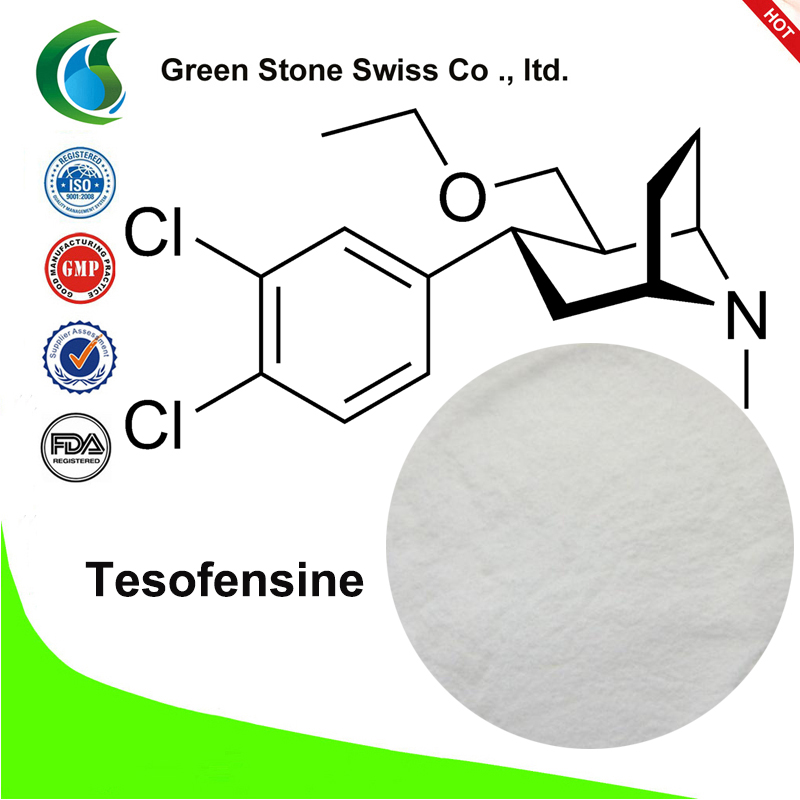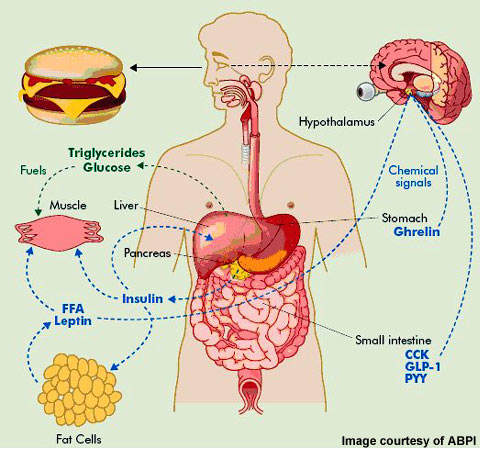
September 5, 2024
Pharmacotherapy For Weight Problems Web Page 5
Tesofensine A Review If confirmed in the forthcoming Stage III tests, it may be essential to improve the security margin by taking on the much much less effective 0.25 mg dose. Although leptin resistance continues to be an enigma, recent outcomes have nonetheless encouraged reconsideration of restorative antiobesity methods built on leptin sensitization. Enhancing proof has demonstrated that leptin level of sensitivity can be restored by pharmacologically caused weight-loss (87-- 90). Pramlintide (Symlin), a synthetic analog of pancreatic amylin, sensitizes mice to the effects of leptin (90 ). Currently, pramlintide is clinically approved as complement treatment to mealtime insulin for the control of blood sugar level.- However the public-health advantage of interfering in weight problems is so excellent that she suggests waging medication tests and carefully keeping track of outcomes.
- Bupropion comes in a continual launch (SR) formulation, with dosages of 300 to 400 mg per day usually efficient for the therapy of excessive weight.
- As the number of sets enhanced, the distances to the centroid of each set were lowered.
Cns Anti-obesity Medication Targets Given That The Discovery Of Leptin
Our findings suggest that tesofensine is an appealing brand-new restorative representative for dealing with excessive weight. Our data additionally paves the way for LH GABAergic neurons, to name a few cell types (perhaps glutamatergic), in the Lateral Hypothalamus to be a possible pharmacological target for establishing brand-new cravings suppressants to treat obesity. In addition, this study located that tesofensine might be an important accessory to serotonergic representatives to treat weight problems, mostly to prevent body weight rebound.Clinical Weight Management Jupiter, Fl
Nevertheless, whereas fat burning impacts generally https://s3.us-east-1.amazonaws.com/pharma-warehousing/patient-compliance/product-strategy/the-truth-about-weight-loss.html translate from rodents to humans, ultimate effectiveness is historically two to 4 times lower in people relative to rats (Fig. 3). It can be argued that greater family member weight loss in rodents is anticipated as mice possess a higher mass-specific power expense than human beings, with a better payment of brown adipose tissue to metabolic rate128. The high mass-specific metabolic rate needs sufficiently high calorie intake to safeguard against a persistent deficiency in energy equilibrium. It is subsequently logical that mice can ingest food matching more than 10% of their body weight in a single day. Therefore, pharmacological inhibition of food intake supplies a larger dynamic array and more prompt influence on fat burning in rats relative to humans.Monitoring Of Excessive Weight, Part 2: Treatment Techniques
Which of the following is an effective therapy for weight problems?


Social Links